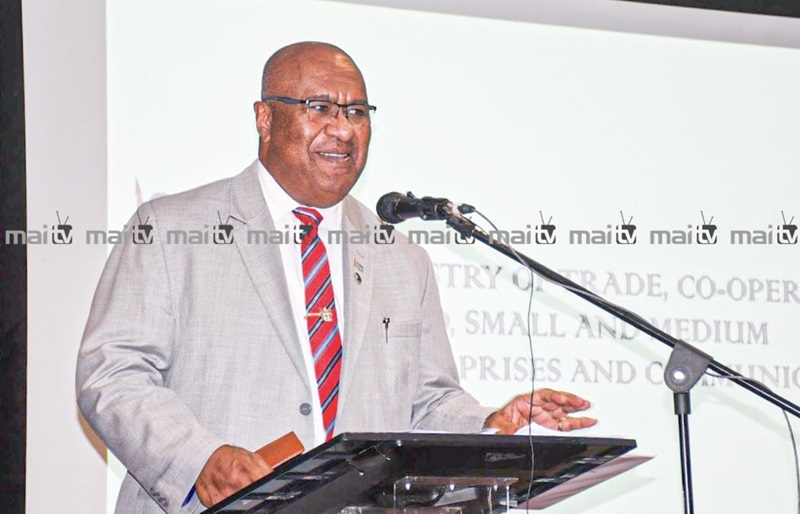A government investigation into Fiji’s Walesi or Digital TV project, intended to modernise the country’s broadcasting capabilities, uncovered questionable practices including the absence of appropriate operational licenses and mismanagement of public funds between 2015 and 2022.
Communications Minister Manoa Kamikamica revealed in parliament that up to 68% of the $123 million spent on Fiji’s Walesi project was wasted, calling it a “disgraceful squandering of resources.”
Auditors uncovered missing documentation for payments totalling FJ$9.3 million, raising concerns over accountability, making it impossible to assess the actual costs or ensure funds were used appropriately. The review also uncovered the awarding of high-value contracts—including a FJ$3.6 million project management deal—without competitive bidding or clear deliverables. WLF, the review found, operated without a strategic plan, contract register, or proper risk management policies. It was also found to be outside the oversight of Fiji’s Public Enterprises Act.
A technical assessment carried out in collab with the International Telecommunication Union (ITU) also found that the network “failed to obtain the necessary operating and spectrum licenses for its operation”. It also used a Multi-Frequency Network (MFN) instead of the Single Frequency Network (SFN) which is regarded as more efficient. Kamikamica said the decision resulted in increased operational costs and reduced accessibility, particularly in rural areas. The network’s choice of technology was also highlighted in the review, including their use of the H.264 codec over the globally recommended H.265 codec which “meant that over 200,000 set-top boxes distributed at significant public cost were outdated from the
beginning…. making this a clear waste of public funds.”
The findings will be referred to FICAC for further investigation.
“Any evidence of abuse, misrepresentation or fraudulent activity will be pursued to the fullest extent of the law,” Kamikamica said.
In the meantime, a reform plan is underway within Walesi, focusing on overhauling governance structures. Key measures include reviewing encryption policies which will not require a fee to connect to the digital platform, aligning licensing practices with international standards to avoid interference with critical services, and developing a transparent fee structure along with the review of the Telecommunications Act of Fiji to create revenue streams to sustain operations without burdening taxpayers.
Bloc 16 Opposition MP Faiyaz Koya appeared displeased with how the findings were disclosed and told Kamikamica that the “honourable thing to do” would have been to report the matter to FICAC first.
“We are not privy to the report, so answering it is quite impossible,” Koya said before outlining the benefits of the project including the provision of free digital television service, which, by March 2023, reached 90 per cent of the Fijian population.
Aliki Bia, who also spoke on the matter on behalf of Opposition Bloc 9, acknowledged the report and said they were looking forward to its progress and investigation.








